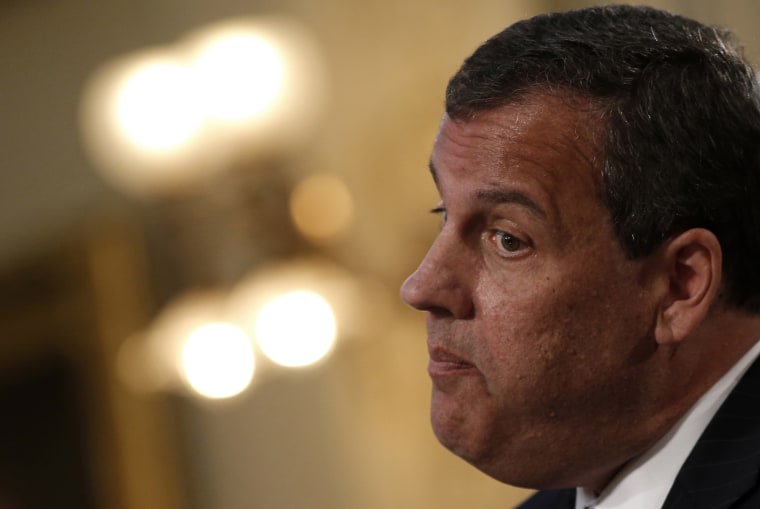The governor, a Republican now preparing a run for president, shot to national prominence as a cheese-steak-on-the-boardwalk Everyman who bluntly preached transparency and austerity as the antidote to bloated state budgets. But throughout his career in public service, Mr. Christie has indulged a taste that runs more toward Champagne at the Four Seasons. He has also quietly let others pay the bills. That tendency -- the governor himself says he wants to "squeeze all the juice out of the orange" -- has put him in ethically questionable situations, taking benefits from those who stand to benefit from him.
Letting the king pay for his three-day weekend in Jordan back in 2012 would not have been allowed if Mr. Christie were, say, president or a United States senator; it is illegal for federal employees to accept gifts of more than nominal value from agents of foreign governments. An executive order Mr. Christie signed in 2010 allows New Jersey governors to have travel and related expenses paid by foreign governments; it does not specifically address gifts such as the parties the king held for him, but the governor's staff said it was covered under a provision that allowed gifts from personal friends.
As he has traveled more widely, particularly during the last year, when he led the Republican Governors Association, Mr. Christie's first-class tastes have become well known. He made it clear when he campaigned for Mr. Romney in 2012 that he would do out-of-state events only if he was given a private plane, even during the primary, when the candidate's wife was still flying commercial to save money. The Romney campaign came to understand that he preferred a Cessna Citation X, which, its manufacturer boasts, has exotic wood interiors and a Rolls-Royce engine.
As United States attorney for New Jersey, Mr. Christie developed a reputation for flouting the rules on travel. A Justice Department report after he left office found that he was the prosecutor who most often exceeded the charges allowed for hotel stays in different cities, without properly searching for a cheaper alternative, or justifying any exemption from the rules. He stayed at a Four Seasons in Washington and a new boutique hotel in Boston, for example, at more than double the cost allowed for those cities.
